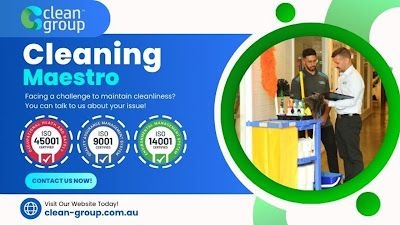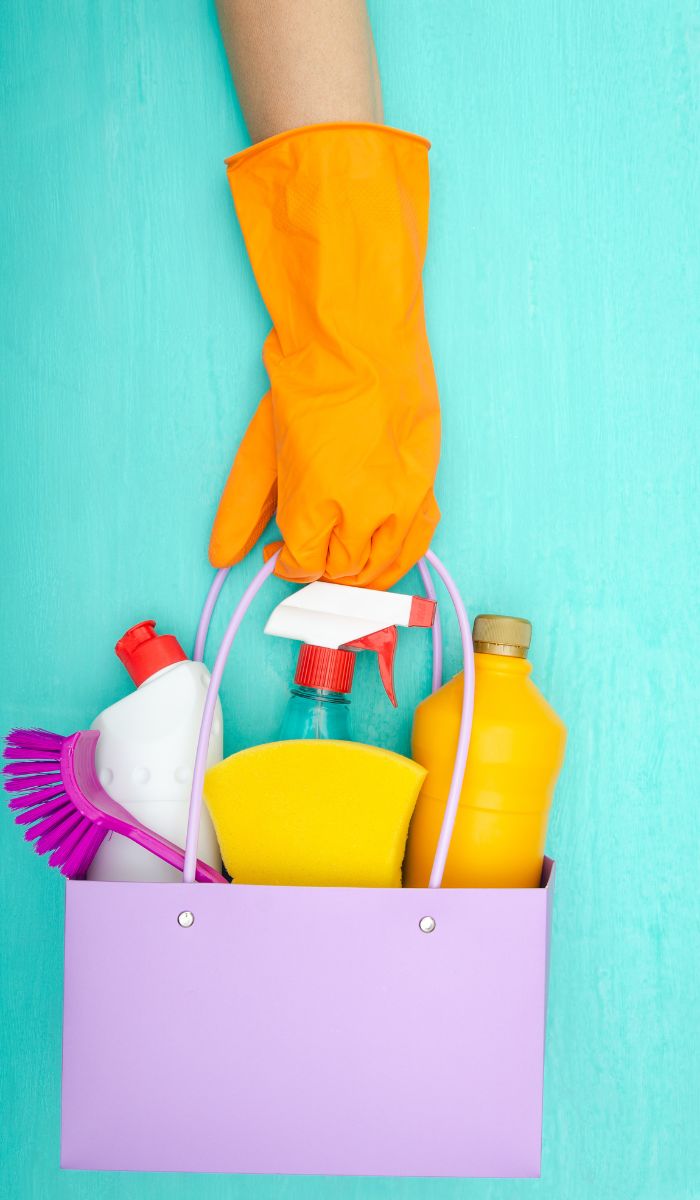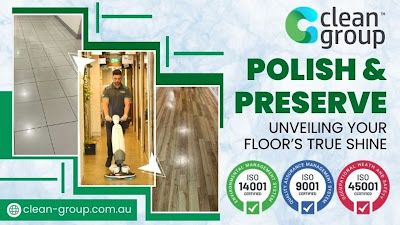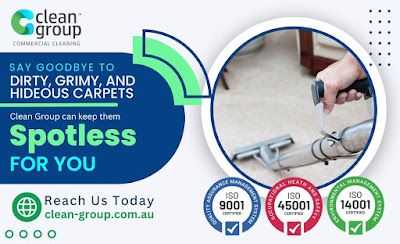
The Economics of Commercial Cleaning: Cost vs. Value
Why Green Cleaning Is the Future of Commercial Cleaning
As the global economy becomes more service-oriented and businesses continue to outsource non-core functions, the commercial cleaning industry is poised for continued growth. This trend is particularly strong in urban areas, where high-density commercial development creates consistent demand for cleaning services. Additionally, sectors such as healthcare, education, hospitality, and retail generate ongoing cleaning needs that must be met with precision and care. The importance of maintaining a clean and sanitary environment is now more recognized than ever, not only for aesthetic reasons but also for health, productivity, and customer confidence.
Similarly, the rise of the Internet of Things (IoT) has influenced the cleaning industry by introducing smart cleaning devices that can communicate with other systems and networks. For instance, smart toilets in public restrooms can alert maintenance staff when cleaning is required, reducing the time spent on inspections and ensuring a cleaner, more hygienic environment. Similarly, automated cleaning tools like robotic vacuums can be programmed to follow predetermined cleaning paths and communicate with building management systems to coordinate their operations. By integrating cleaning processes with smart technology, the industry is improving overall efficiency and creating more sustainable, cost-effective solutions.
Clean Group provides comprehensive and professional Commercial Cleaning Sydney across Sydney, NSW. Our fully insured, trained, and security-verified cleaners ensure your workplace stays spotless and hygienic. Schedule a free onsite quote today—book online or call us at 02 9160 7469. Get your obligation-free commercial cleaning estimate for offices, buildings, and other business spaces in Sydney..

